Flight "Moscow - Sea of Clarity" is delayed
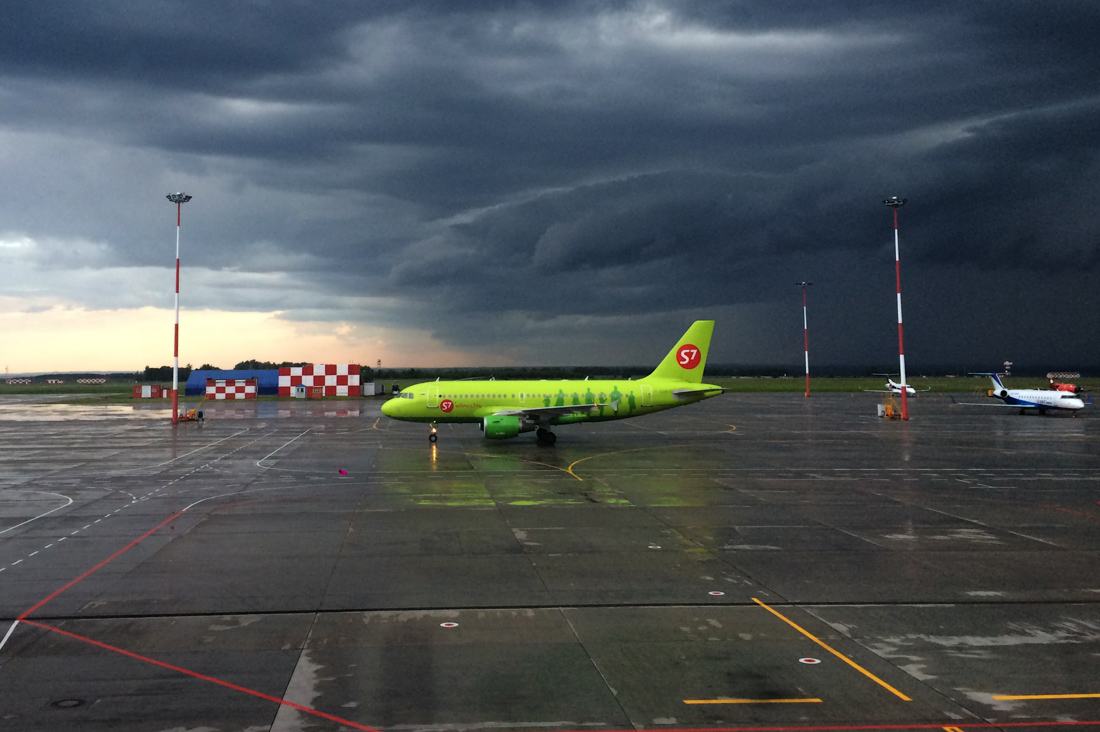
I love flying in airplanes. As Louis C. Key paid attention, the flight is a wonderful opportunity presented to us by modern civilization. I admire both the sky and the manufacturability of products that bring it closer.
The thinnest sheets of metal, thousands of screws and rivets, servo drives, heavy-duty and still flexible fan blades, tons of kerosene, after the application of effort and intelligence of thousands of engineers and scientists, become almost a magic tool that takes us from town to town and from one end of the world to another . Yes, this is not everyone can afford, but still many people on Earth have experienced the miracle of flight.
In addition to the technological component, I am also inspired by aviation in its commercial opportunities. After all, it is not enough to make a complex and high-tech product. We still have to make a lot of efforts to make it affordable for the solvent part of the world's population, and, most importantly, people wanted to give this money for these technologies. Aviation in this regard is relatively easy - people have a passion for traveling, but more often people just need fast and comfortable movement from point A to point B. It is thanks to the competition of airlines, aircraft manufacturers and engineering schools that we have ultra-safe, super-comfortable, and super-fast means of moving around our planet.
')
Reflections on the successes of aviation always lead to speculation as to why such success did not happen with the space program. Why are regular flights to the Moon from the 2001 Space Odyssey not even close to reality, but in reality they even drifted away? Why are space tickets expensive and buyers are rare? Has the passion for travel dried up in people?
However, statistics suggests otherwise. We want, we want to travel, and are ready to spend billions of dollars on it. But why not into space?
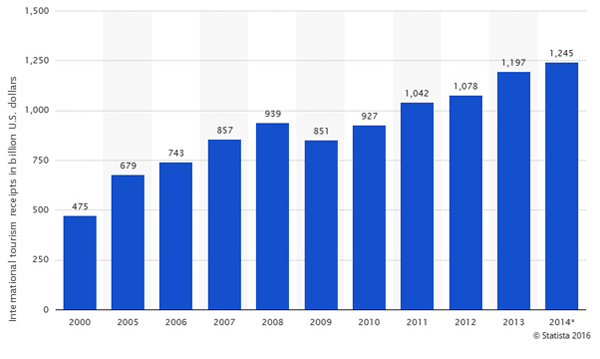
In my opinion, one of the answers here is obvious - modern astronautics is not able to provide the desired flight from point A to point B. Now you can only ascend to an altitude of 400 km above “A” and descend to the same “A” only at another point. Yes, there will be unforgettable impressions, there will be gorgeous views from the window, but there will be no arrival. Will only return.
Any billionaire or ruble trillionaire, of course, can pay for the creation of a super-power rocket, a migratory module, a landing module, a spacesuit, and secure a few unforgettable days on the Moon. Only they will have to wait for at least a decade, and if the first travelers are not immediately followed by other travelers, the entire infrastructure will again turn into nothing, as happened with Saturn-5 and Energy. Well, humanity does not need superheavy rockets, if we continue to sit on our beloved "A".
What is missing space that would make it attractive to people?
Yes, it is completely inhospitable, without a spacesuit you do not walk on any cosmic body of the Solar System, except the Earth. Without a ship or a descent module, with complex life support systems, you cannot stay on the lunar surface for more than a few hours. But take, for example, the sunny country of Yakutia. How long will a person last in the taiga or tundra among the marshes, at least without a mosquito net and repellents? And in the winter? Although the sheepskin coat and high fur boots are not as complicated as the Orlan-ISS, but not much more convenient, and without them the Yakut winter will last for humans not much longer than a walk around Mars without a pressure helmet.
Nevertheless, hundreds of thousands of beautiful people live in Yakutia, who also love, study, go fishing and get diamonds, just like we, people from the mainland. Okay, about the fishing and diamonds I have embellished - it is available only in Yakutia. And planes fly to Yakutia.
What is in Yakutia, in the Amazon jungle, among the glaciers and volcanoes of Iceland, but not on the moon?
The answer, it seems, is obvious - resources. We all know about the wealth of Siberia: gas, oil, diamonds, gold ... We know a little less about the wealth of Iceland and the Amazon, but still ...
The funny thing is that when the North, Siberia, the Far East were developed, none of the founders of Tyumen, Yakutsk, Magadan, did not even guess what their bowels were hiding. Pioneers attracted other resources: the possibility of increment of new territories of the Empire, fur, "fish tooth" ...
Vysotsky, in his song about Tyumen, perfectly expressed the moment when the meanings at the discovery of new resources abruptly changed, and what efforts had to be made to that.
By the way, with the fall in prices for hydrocarbon energy and the development of alternative energy, Siberia will have to go through another revolution of meanings. Yakutia is already experiencing it, in some places, when the old resources are no longer in demand and are not able to provide livelihoods in the old scale. People are forced to either move to more comfortable places, or look for new resources.
It is also significant that the main driver of the era of the Great Geographical Discoveries was private capital with the support of the state. This concerns that the East India Trading Company, that the Stroganovs who invested in the development of Siberia.
Resources, it is not always deposits of something precious or black and oily. Sometimes a skillfully folded pile of stones feeds the state as well as an endless sea of oil - Egypt will confirm. And Morocco, suddenly, became the most popular place among collectors of meteorites . Meteorites fall approximately evenly on Earth, but in the desert they are more slowly destroyed by erosion and are easier to find. But there are also many deserts, one Sahara covers the territory of several states. In Morocco, simply more elaborate legislation, it was necessary to simply stop shaking over stones in the desert and open up markets as voila: powerful industry grew from scratch, and local goat herders understood the alien substance better than laboratory technicians from the Institute of Geochemistry and Analytical Chemistry. V.I. Vernadsky.
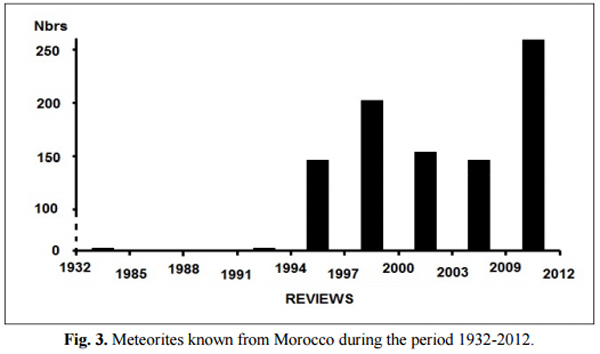
Sometimes meanings come out of nowhere. The Lord of the Rings trilogy doubled the flow of tourists to New Zealand.
Of course, the caravel of the times of Columbus cost less than a modern lunar rocket, and it could pay off in one flight, returning full of spices or gold. With the Moon it will not work, even if the return module is driven to the top with moonstones. But if you develop technologies that allow you to make a cheaper trip to the Moon, then at some stage of development, a flight to the Moon will pay off for the delivery of soil that can be sold as souvenirs.
You can go along the path of Egypt. Right now, on the surface of the moon, like the pyramids, are the monuments of the greatest creativity of our ancestors and contemporaries.
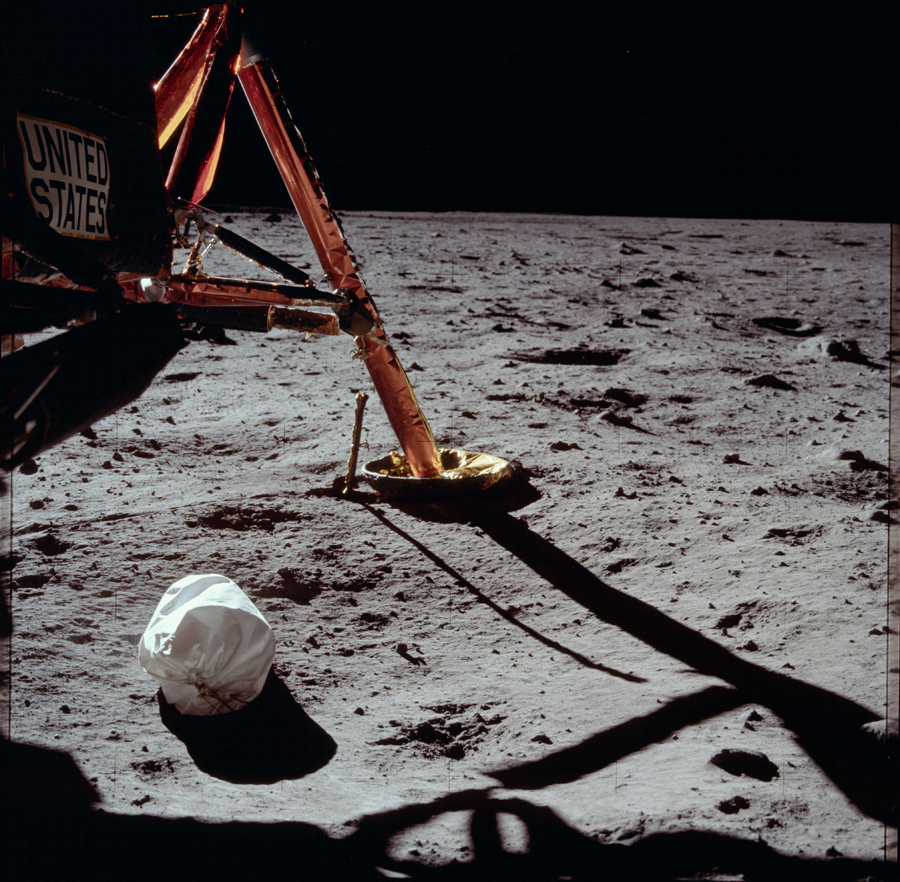
I’m talking about the Apollo modules, the Lunokhod and Yuytu tramps. In fact, our Lunar Microsatellite project is the first attempt to implement interplanetary tourism. So far, unfortunately, remote - we are not going ourselves, but we are sending our camera to make pictorial photos of the moon "pyramids". Anyway, nobody cares where you were, if you don’t upload photos from your vacation to the social network. Ultimately, after tanning, only photographs remain from the trip.
There is still a robotic space tourism ahead: a stereo camera on the moon rover, virtual glasses, and welcome to the Moon or Mars. Or let's go straight to Pluto?
Such technologies are already being developed. The Google XPrise contest is aimed specifically at their development. However, as it turned out, the prize fund of $ 30 million is not enough to recoup such even a robotic flight at one end. But for the finale several pretty serious teams are already moving.
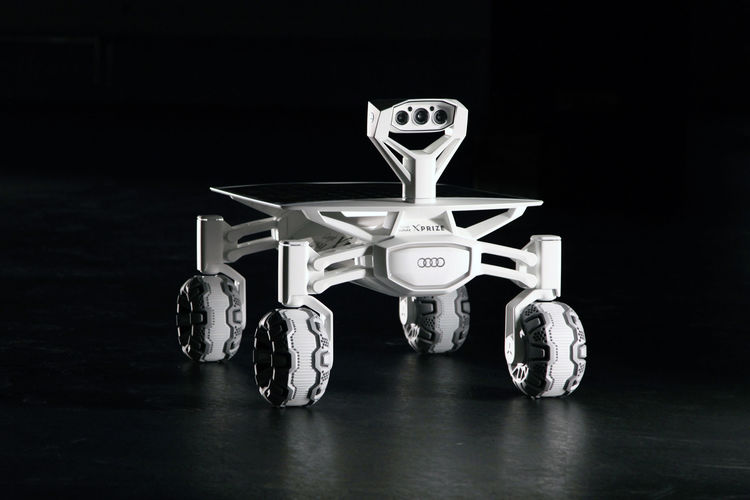
Therefore, NASA fears that XPrise lunar rovers can trample the historical traces of Neil Armstrong and the remaining eleven brave men are not surprising. To Russia, these requests came in the form of conspiracy headlines "NASA prohibits approaching Apollo landing sites." Although they are just trying to keep crowds of future tourists.
With the development of robotics and interplanetary flights, even interplanetary black archeology can be predicted. How much do you think collectors will pay on the black market for the USSR pennant from Luna-2, the first product of human hands that touched another cosmic body? And who is the nut from the "Apollo"? But the wheels with the "Lunokhod" choose carefully - there are explosives.
Of course, no robots and no virtual reality will replace human experience and living experience.
Baikonur sizzling heat; aromas of pure kerosene from a rocket and a centimeter layer of frost on oxygen tanks; press-in overload; first wetted diapers in zero gravity; the first ten used emetic packets; panic from the sight of the receding Earth; panic from the sight of a giant moon falling on his head; panic from the sight of approaching mountains and craters sweeping past the porthole; “Don't ssy, let's sit down! I’ve done this three times already,” commander Mark grins; the first step in the lunar regolith; first fall when trying to lift a stone; the first peeled-off nail in gloves of a space suit; first moon dust allergy; and, finally, returning to Earth - you will never forget this smell of charred Kazakh feather grass ...
While this is a fairy tale. Or dreams of the future. But far or near it depends a lot on each of us. Who will invent the heavy-duty material for the spacesuit? Who will sew it? Who will make a cheap reliable rocket? Who will write the program for landing on the moon? .. And, most importantly, who will order and pay for this work?
And it's not just tourism. Sooner or later he will get to space. There will be business for us on the Moon, Mars, asteroids, we just need not stop on the way. Yes, now there is no oil in space, as in Iceland, there are no fertile lands in Morocco, space is deadly like winter in Yakutia and merciless like its mosquitoes ... But we can be there, we can search, we can strive there and find meanings there.
States can support the desire of private traders to explore new worlds. Let not for the sake of gold galleons and not for the sake of the fur of a subregolith polluted land, not for the handful of entertaining millionaires. For the sake of prestige, new technologies, the increment of new territories, for the sake of a new generation of dreamers who felt their strength in conquering the Far Frontiers. For the sake of Mankind growing out of its planet.
Meanings will be. Let's do it, we can.
Source: https://habr.com/ru/post/395559/
All Articles